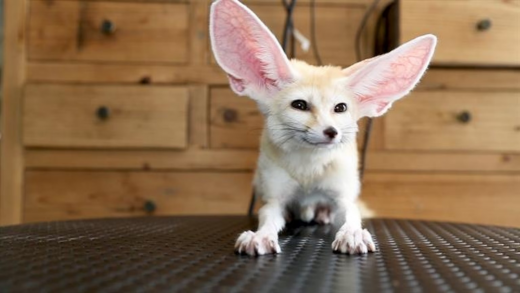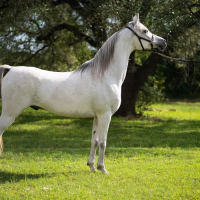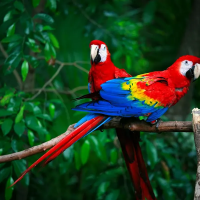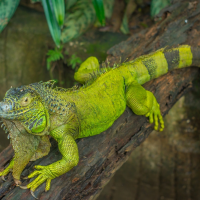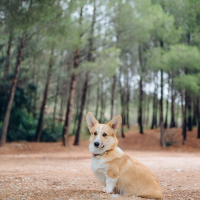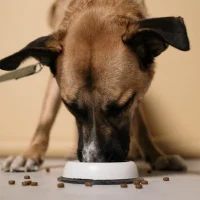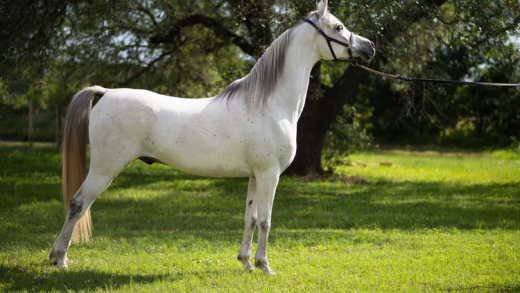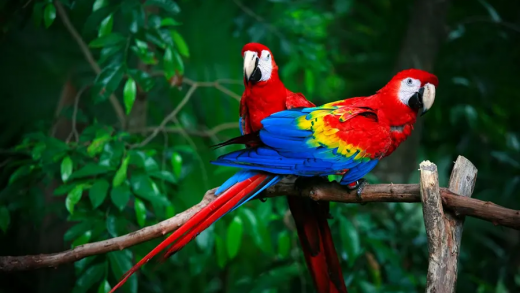In recent years there has been an increased awareness of the importance of sustainable and environmentally friendly methods in many parts of life including exotic pet care. As the popularity of exotic pets grows it becomes increasingly vital for pet owners to implement policies that not only assure their pet’s well-being but also reduce their environmental impact. This essay investigates sustainable approaches in exotic pet care with an emphasis on habitat design, diet, waste management and ethical considerations.
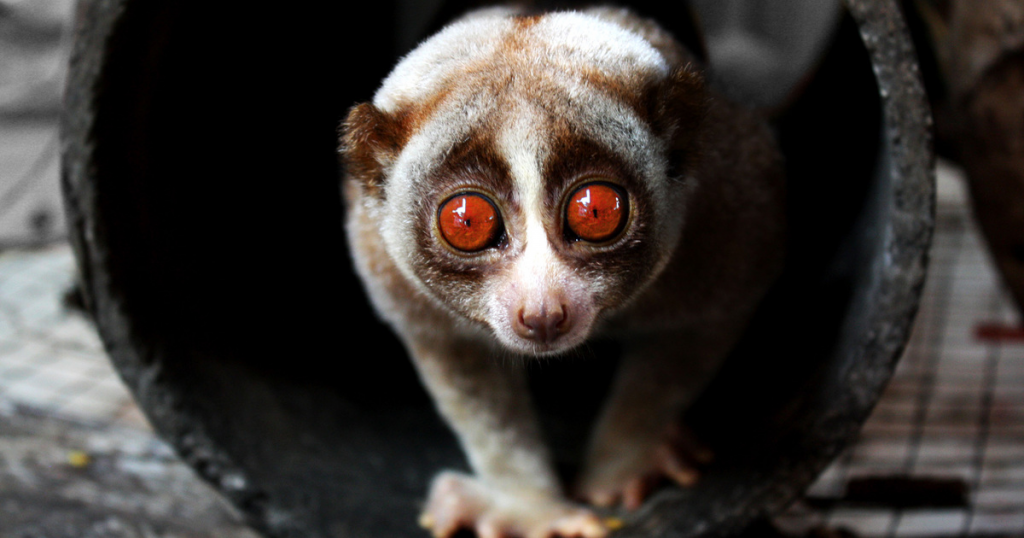
Table of Contents
Sustainable Habitat Design for Exotic Pet Care
Creating an environmentally friendly habitat for exotic pets entails adopting sustainable materials and energy-efficient solutions:
Use Natural and Recycled Materials: – Choose sustainable substrates created from renewable resources like coconut fiber, hemp and recycled paper. These materials are biodegradable and have a lower environmental impact than synthetic counterparts.
- Recycled and upcycled enclosures: Consider using recycled materials or reworking existing furniture as pet houses. This reduces waste and encourages the reuse of materials.
Energy Efficiency: – LED Lighting: Choose energy efficient LED lights for heating and lighting enclosures. LEDs utilize less energy and have a longer lifespan than typical incandescent lamps.
- Smart Heating Solutions: Use programmable thermostats and timers to control heating elements ensuring they are only activated when needed. This not only saves energy but also keeps the pet’s temperature at the correct level for good health.
Water Conservation: – Efficient Water Systems: Install water recycling systems for aquatic pets like fish and turtles. This can reduce water waste and provide a steady supply of clean water.
- Rainwater Harvesting: Collect rainwater to use in enclosures especially for species that need high humidity. This decreases reliance on tap water while encouraging sustainable water use.
Sustainable Diet and Feeding Practices
The diet of exotic pets can also be managed in an eco-friendly manner by focusing on sustainable sourcing and minimizing waste:

Sustainable Food Sources: – Locally Sourced Food: Purchasing from local providers reduces transportation’s carbon footprint. Local sourcing benefits regional agriculture and economies.
- Ethical Insect Farms: For insectivorous pets choose insects from farms that use sustainable practices such as pesticide reduction and renewable energy sources.
Minimizing Food Waste: – Portion Control: Carefully measure food portions to prevent overfeeding and waste. Proper portion control ensures that pets receive the appropriate amount of nutrition without overeating.
- Composting: Use uneaten food and organic waste from enclosures. This not only lowers landfill waste but also produces nutrient-dense compost for gardening.
Natural Foraging:
Grow Your Own Food: Create a small garden to provide herbs, fruits and veggies for herbivorous pets. This guarantees a fresh pesticide-free food supply.
- Foraging Activities: To encourage natural foraging habits hide food or use puzzle feeders. This stimulates the pet emotionally and physically while encouraging environmentally friendly feeding choices.
Waste Management and Cleaning
Effective waste management and eco-friendly cleaning practices are crucial for maintaining a healthy environment for both pets and the planet:

Biodegradable products:
- Eco-Friendly Bedding: Choose biodegradable bedding materials like recycled paper or wood shavings. These options degrade naturally and are safer for the environment.
- Compostable Waste Bags: Use compostable bags to dispose of pet waste. These bags disintegrate faster than ordinary plastic bags, which reduces landfill effect.
Natural Cleaning Solutions: – Choose non toxic cleaners manufactured from natural materials like vinegar and baking soda. These cleaners are safe for dogs and do not release toxic chemicals into the environment.
- Reusable Cleaning Tools: Rather than using throwaway wipes and paper towels use reusable cloths and mops. This reduces waste and saves resources.
Ethical Considerations and Conservation
Adopting ethical practices in exotic pet care requires recognizing the broader implications of pet ownership on wildlife conservation and biodiversity.
Responsible Sourcing: – Certified breeders and rescues. Purchase pets from trustworthy breeders or rescue organizations that uphold ethical standards. Avoid purchasing wild-caught animals as this can contribute to wild population decline and biodiversity loss.
Conservation Awareness through Education and Advocacy: Stay updated about conservation issues affecting the species you keep. Support and engage in conservation initiatives to preserve natural environments and endangered species.
Sustainable Pet Trade: Promote sustainable methods in the pet trade, such as captive breeding programs and regulations on exotic pet imports.
Conclusion
Eco-friendly exotic pet care is a complex approach that considers habitat design, diet, waste management and ethical sourcing. By implementing sustainable methods pet owners can protect their exotic pet’s well-being while reducing their environmental impact. This comprehensive approach not only benefits the dogs but it also helps to achieve the larger aims of conservation and environmental sustainability. As people become more aware of and understand eco-friendly behaviors the exotic pet community may play an important role in creating a more sustainable future.
People also search for: Nourishing Your Senior Pooch with the Perfect Dog Food Formula (2024)

